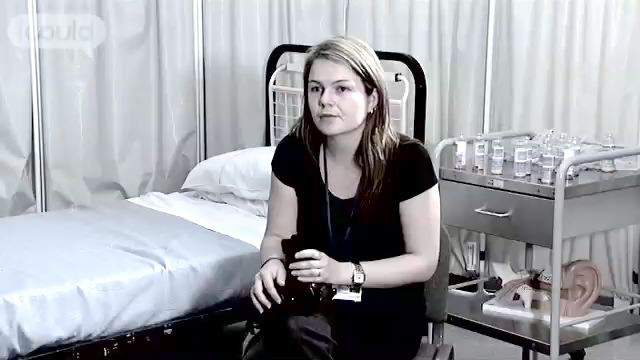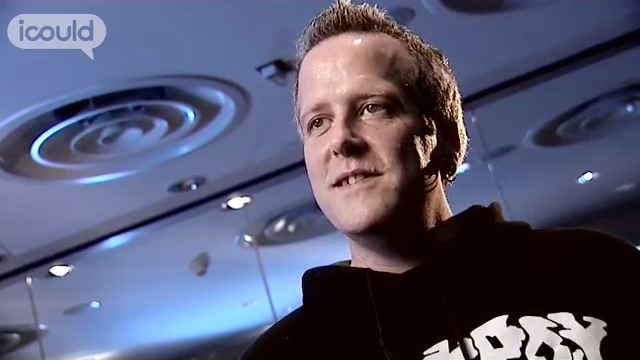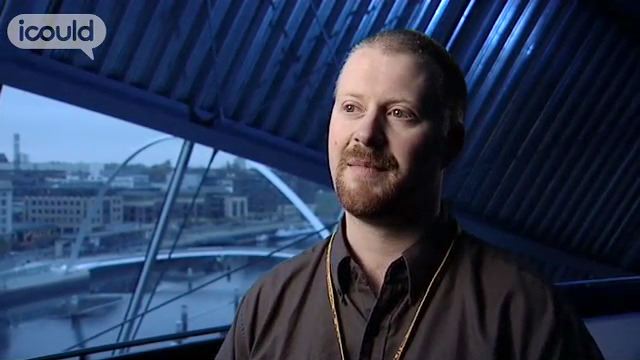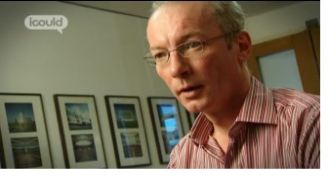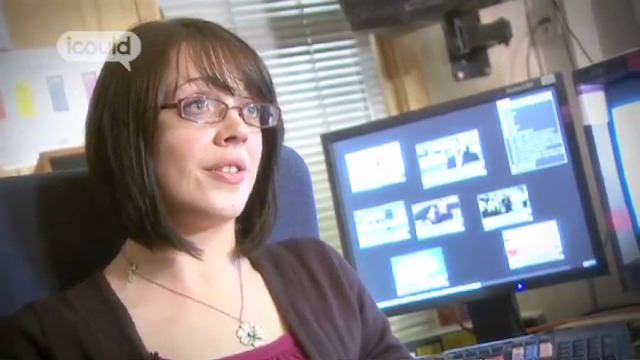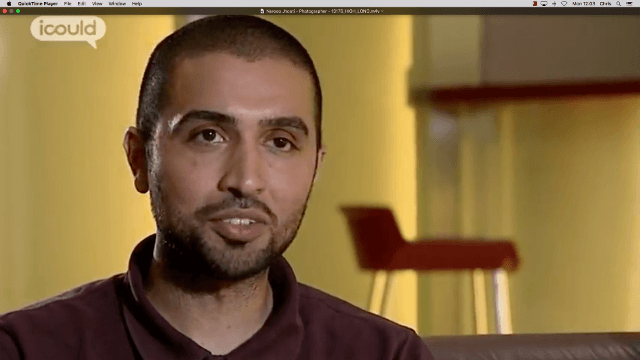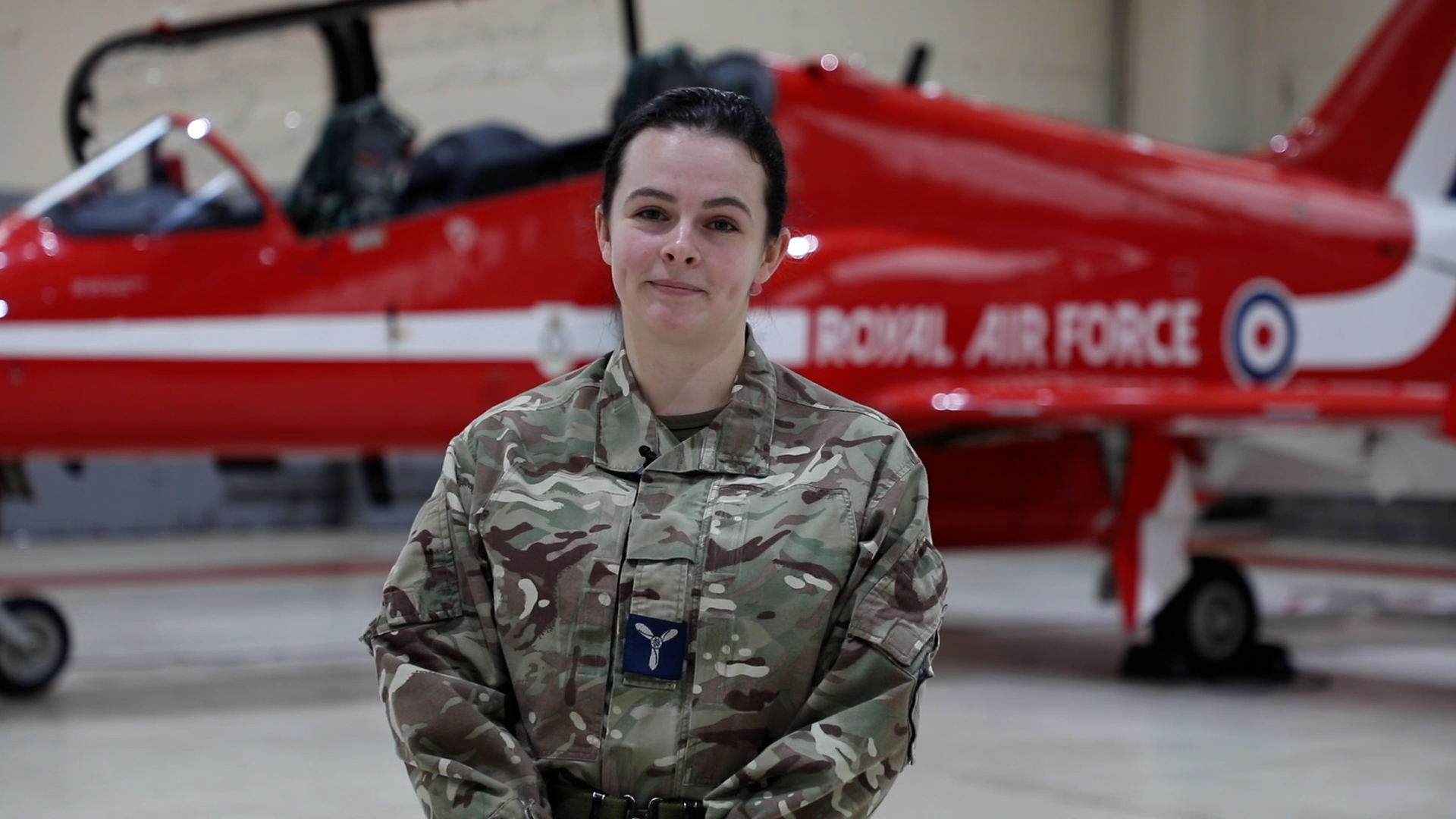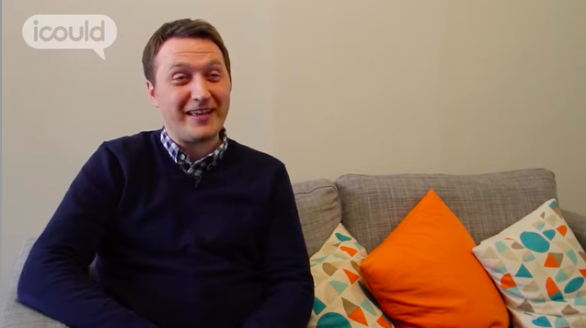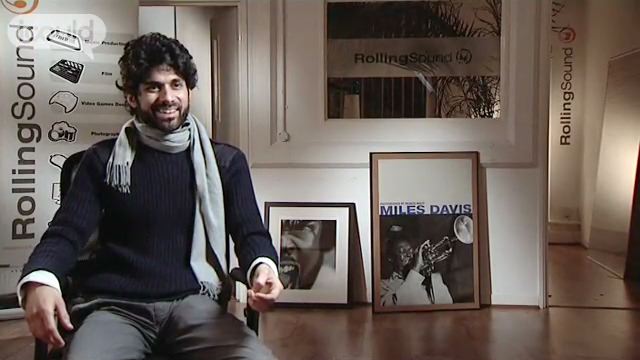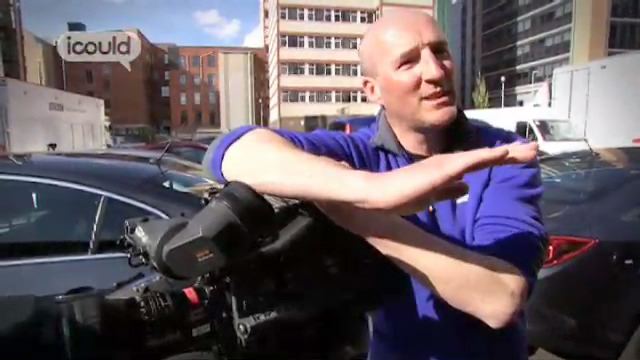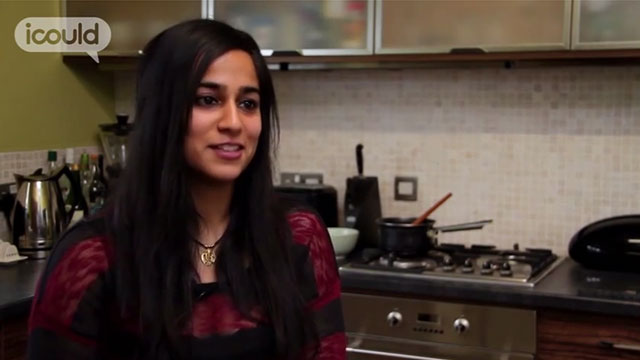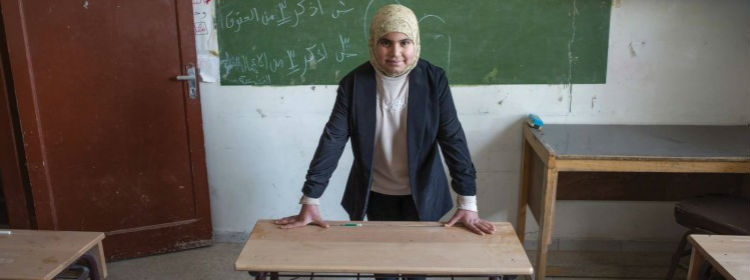Explore: Media
Camera Operator
ITV
info Issues viewing the video?
|
|
STEVE J |
|
00:02 |
Hi, my name’s Steve J and I’m a camera operator on Emmerdale, working for ITV, |
|
00:07 |
Basically film scenes as part of, for Emmerdale. We get given a brief by the director, we block the scene and then shoot it, basically. |
|
00:20 |
The split for Emmerdale between location and studio work, tends to be probably about 60% studio and 40% on location. The location, being single camera, takes a lot longer to complete a scene. The studio, we tend to cover probably 40 pages of dialogue a day in the studio, whereas we tend to do about 20 pages on location. So the show tends to be more studio based obviously, for financial reasons, depending on, and story-based really. Obviously we’ve got the village to work in, probably, I think it is the biggest film set certainly in Europe, I’m not sure, nearly in the world for square mileage. So it’s an amazing place to come to work and it’s in the heart of the Yorkshire Dales, so it’s beautiful. |
|
01:09 |
The best thing about my job now is when I put my camera in the box, that’s it, I’m finished. Don’t have to think about it again until the next day. |
|
01:18 |
I looked at some work experience at ITV Yorkshire. I did a week shadowing one of the assistants, one of the sound assistants, who went sick over the weekend and they had nobody to replace him on the Monday, so they asked me if I’d just fill in for the day and that’s it, I’ve been here ever since and the lad didn’t come back to work, so I took his job and that was that. |
|
01:47 |
School was very interesting. I didn’t get on very well with the academic side. I was very interested in science but at that time in my life I was more interested in playing out and not going, basically. So I didn’t go to school very often from about 14 to 16 and failed all my mocks and then my dad, it was a long time ago, at the very last minute just before my GCSEs said, thinking that I would fail them all and said if I passed, if I got one C, he would give me £50 for every C that I got, so I spent two weeks with my head inside the books and got six, much to his distress. |
|
02:31 |
I struggled to get a job at 16. Finally got a posting as an accounts clerk and worked in an office for the first six years of my work life, which I hated. I hated it, it was only seven hours but it felt like. every day felt like a lifetime, in a tiny little office behind a desk and eh walls just felt like they were coming in on you every day because I’d always wanted to work outside. So I made the decision to go as a mature student. I did an extra year, foundation year at university, which then gave me the qualification to then take the degree course, which I never finished because I did the work experience in my final year, got the job and that was that. |
|
03:14 |
I mean I worked as an assistant for a couple of the really top camera players that inspired me. That really, I mean, your peers, your peers are teaching you and the better that they are at their job, the better you will be at your job. The better the teacher you are, the better the student will become. So that really, yeah probably the two guys, a camera operator called Bruce Wilson, who’s fantastic, still working, great operator and one called Matt McCullough, who is still working in Scotland somewhere. Yeah, so probably them two are most inspirational. |
|
03:51 |
The advice I’d give to somebody wanting, I can only speak from a camera operator’s point of view, is that you do need the technical knowledge. You do need to do photography courses and you do need to do, you know, bite the bullet and do some free work, you need the work experience. You know, the courses are good, the media courses are great and they will give you the stepping stone to get the work experience but, as far as I’m aware, you don’t really learn the job until you’re in the job. It’s such a specialist industry, that without actually being here and doing it, they can’t really teach it. |
|
04:29 |
End of Steve Jackson |
Steve has found the perfect work life balance as a camera operator for ITV’s Emmerdale and enjoys packing his camera away at the end of the day. His first job was in an office but became very bored and frustrated with office life. He went back to study, first a foundation course and then a degree. Work experience led him into a career in television and would advise all aspiring camera operators to get on the job experience.
More information about Photographers, audio-visual and broadcasting equipment operators
Data powered by LMI For All
£31,200
average salary
The UK average salary is £29,813
36
average weekly hoursThere are 37.5 hours in the average working week
75%
male
25%
female
The UK workforce is 47% female and 53% male
Future employment
Future employment
Description
Workers in this unit group operate and assist with still, cine and television cameras and operate other equipment to record, manipulate and project sound and vision for entertainment, cultural, commercial and industrial purposes.
Qualifications
There are no set academic requirements although entrants usually possess GCSEs/S grades, A levels/H grades and are able to demonstrate proof of pre- entry work experience. A variety of diplomas, degrees and postgraduate qualifications are available. NVQs/SVQs in Photography are available at Levels 2, 3 and 4.
Tasks
- Selects subject and conceives composition of picture or discusses composition with colleagues;
- Arranges subject, lighting, camera equipment and any microphones;
- Inserts lenses and adjusts aperture and speed settings as necessary;
- Operates scanning equipment to transfer image to computer and manipulates image to achieve the desired effect;
- Photographs subject or follows action by moving camera;
- Takes, records and manipulates digital images and digital video footage;
- Controls transmission, broadcasting and satellite systems for television and radio programmes, identifies and solves related technical problems;
- Checks operation and positioning of projectors, vision and sound recording equipment, and mixing and dubbing equipment;
- Operates equipment to record, edit and play back films and television programmes;
- Manages health and safety issues;
- Operates sound mixing and dubbing equipment to obtain desired mix, level and balance of sound.
Employment by region
Top 10 industries for this job
Film & music
18957
Employment activities
11399
Other professional
8467
Arts & entertainment
6523
Head offices, etc
6026
Broadcasting
5529
Publishing activities
4918
Gambling
3771
Sport & recreation
3734
Education
2489
Employment status
Related career stories
⇦
⇨
